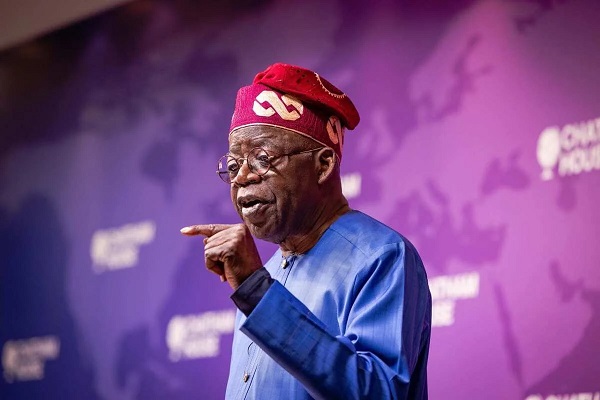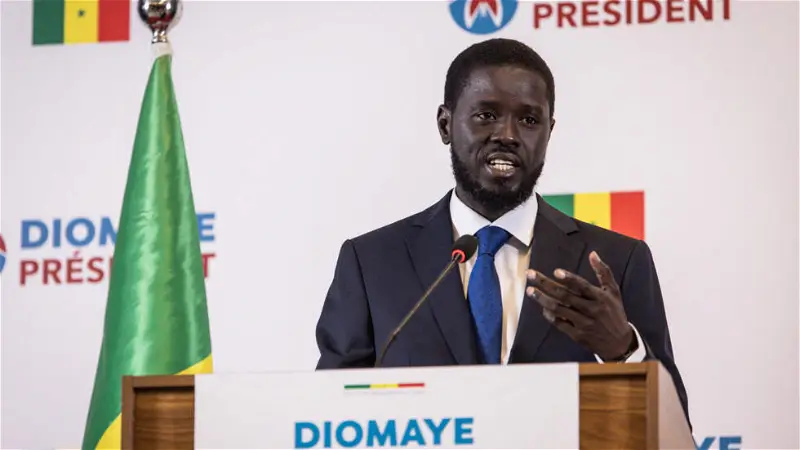President Bola Ahmed Tinubu is doubling down on Nigeria’s commitment to the $25 billion Nigeria-Morocco gas pipeline, a monumental project poised to reshape energy and trade across West Africa. This was disclosed by Senator Jimoh Ibrahim during an executive session of the African Parliament Union held on Wednesday in Casablanca, Morocco.
Representing Nigeria, Senator Ibrahim declared the transcontinental gas pipeline as a top priority under Tinubu’s administration, reaffirming the President’s vow to review and revive all abandoned national infrastructure projects.
The proposed pipeline is expected to transport 30 billion cubic metres of natural gas annually over a stretch of 5,660 kilometres. It will cut across 13 African nations — Nigeria, Benin, Togo, Ghana, Ivory Coast, Liberia, Sierra Leone, Guinea, Guinea-Bissau, Gambia, Senegal, Mauritania, and Morocco — with Nigeria serving as the central gas supplier.
Describing the project as “transformative,” Ibrahim noted that it will generate thousands of jobs, spur industrial and digital innovation, and contribute to a cleaner, more sustainable energy future for the continent. He also highlighted the massive strategic benefits Morocco stands to gain by becoming a key supplier of gas to Europe through the project.
But in a surprising twist, Ibrahim challenged Morocco to reciprocate Nigeria’s commitment by relaxing its visa requirements for Nigerian citizens. “Given the magnitude of opportunities this investment presents, it is only logical for Morocco to open its borders to Nigerian visitors,” he argued. “Let the Atlantic be opened — the future of African cooperation depends on it.”
The pipeline project is currently in the feasibility study and route planning stage, with intense technical and diplomatic consultations ongoing. Initially, the Final Investment Decision (FID) was scheduled for 2023, but it has been shifted to 2025, acknowledging the sheer scale and complexity of the endeavour.
Ibrahim also praised the active involvement of Nigeria’s Senate President, Godswill Akpabio, in providing legislative backing to remove bottlenecks that could stall the project’s execution. “We are crafting laws that will ensure no policy or administrative hiccup undermines this vision,” he said.
Following the senator’s presentation, executive members of the African Parliament Union expressed optimism and renewed interest in the ambitious trans-African energy venture.




